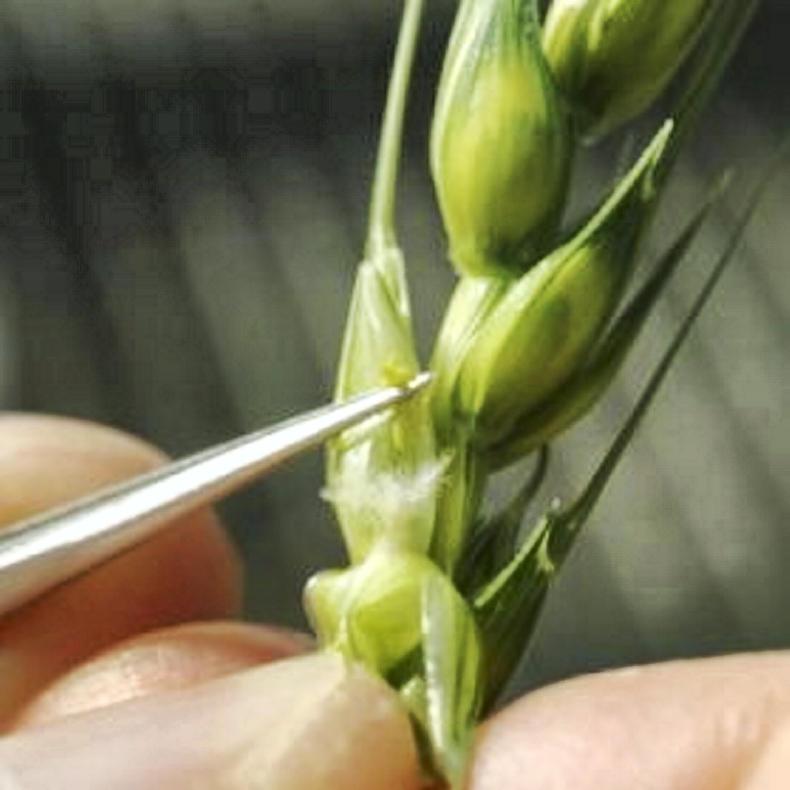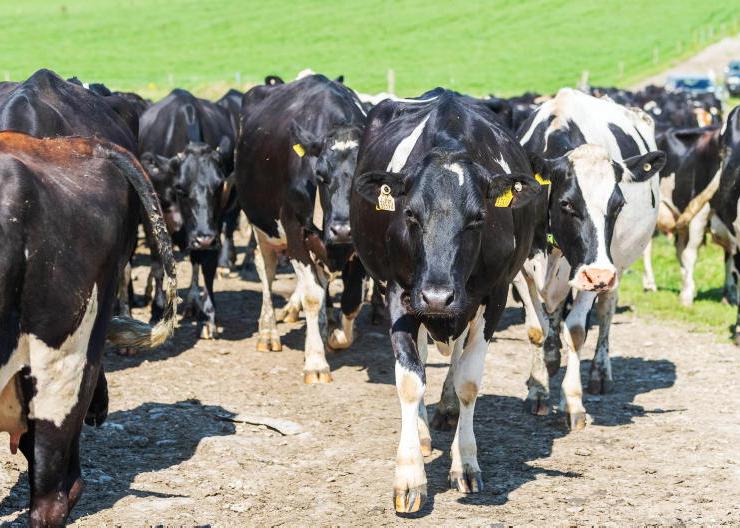A European citizens' initiative has been registered with the European Commission which calls for a clear distinction between mutagenesis-based new plant breeding techniques (NBTs) and conventional GMOs.
NBTs are currently bound by existing GMO regulations, which virtually prohibits their commercial use in the EU.
Now, Grow Scientific Progress, the group which lodged the initiative, said it believes that the current law results in an implicit ban of new plant breeding techniques.
“These new techniques are valuable tools for breeding more resilient crops, with less resources and in less time: a much-needed advancement in times of climate change and the prospect of food insecurity,” the group says.
What is the difference?
Mutagenesis-based NBTs involve altering the DNA of a living species, such as a crop variety, without inserting foreign DNA. The process of inserting foreign DNA into crops is the standard practice used in conventional GMOs and this is known as transgenesis.
Where to from here?
A citizens' initiative enables citizens from different member states to come together around an issue with a view to influencing EU policy-making.
To launch an initiative, it takes seven EU citizens, living in at least seven different member states who are old enough to vote.
If the initiative gathers 1m signatures with minimum thresholds reached in at least seven countries, the European Commission must examine the initiative and decide whether or not to take action on it.
Read more
Call to exclude gene editing from GMO legislation
Analysis: European ruling opens debate on new plant breeding techniques
GM crop production ban – is it good for Irish agriculture?
Centenary Thurles close to launching new milk brand made from non-GMO feed
A European citizens' initiative has been registered with the European Commission which calls for a clear distinction between mutagenesis-based new plant breeding techniques (NBTs) and conventional GMOs.
NBTs are currently bound by existing GMO regulations, which virtually prohibits their commercial use in the EU.
Now, Grow Scientific Progress, the group which lodged the initiative, said it believes that the current law results in an implicit ban of new plant breeding techniques.
“These new techniques are valuable tools for breeding more resilient crops, with less resources and in less time: a much-needed advancement in times of climate change and the prospect of food insecurity,” the group says.
What is the difference?
Mutagenesis-based NBTs involve altering the DNA of a living species, such as a crop variety, without inserting foreign DNA. The process of inserting foreign DNA into crops is the standard practice used in conventional GMOs and this is known as transgenesis.
Where to from here?
A citizens' initiative enables citizens from different member states to come together around an issue with a view to influencing EU policy-making.
To launch an initiative, it takes seven EU citizens, living in at least seven different member states who are old enough to vote.
If the initiative gathers 1m signatures with minimum thresholds reached in at least seven countries, the European Commission must examine the initiative and decide whether or not to take action on it.
Read more
Call to exclude gene editing from GMO legislation
Analysis: European ruling opens debate on new plant breeding techniques
GM crop production ban – is it good for Irish agriculture?
Centenary Thurles close to launching new milk brand made from non-GMO feed









SHARING OPTIONS